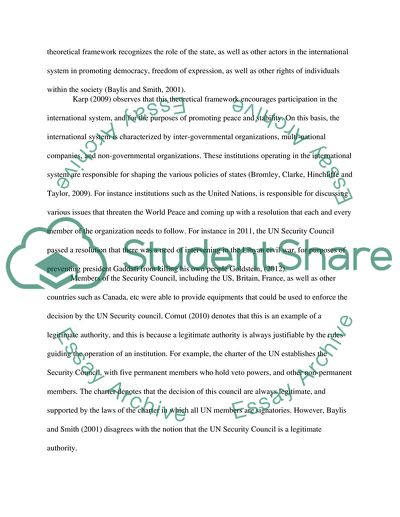Cite this document
(International Politics Concepts, Theories and Issues Essay, n.d.)
International Politics Concepts, Theories and Issues Essay. Retrieved from https://studentshare.org/politics/1827193-examine-and-assess-the-claim-that-there-is-no-legitimate-authority-internationally
International Politics Concepts, Theories and Issues Essay. Retrieved from https://studentshare.org/politics/1827193-examine-and-assess-the-claim-that-there-is-no-legitimate-authority-internationally
(International Politics Concepts, Theories and Issues Essay)
International Politics Concepts, Theories and Issues Essay. https://studentshare.org/politics/1827193-examine-and-assess-the-claim-that-there-is-no-legitimate-authority-internationally.
International Politics Concepts, Theories and Issues Essay. https://studentshare.org/politics/1827193-examine-and-assess-the-claim-that-there-is-no-legitimate-authority-internationally.
“International Politics Concepts, Theories and Issues Essay”, n.d. https://studentshare.org/politics/1827193-examine-and-assess-the-claim-that-there-is-no-legitimate-authority-internationally.


